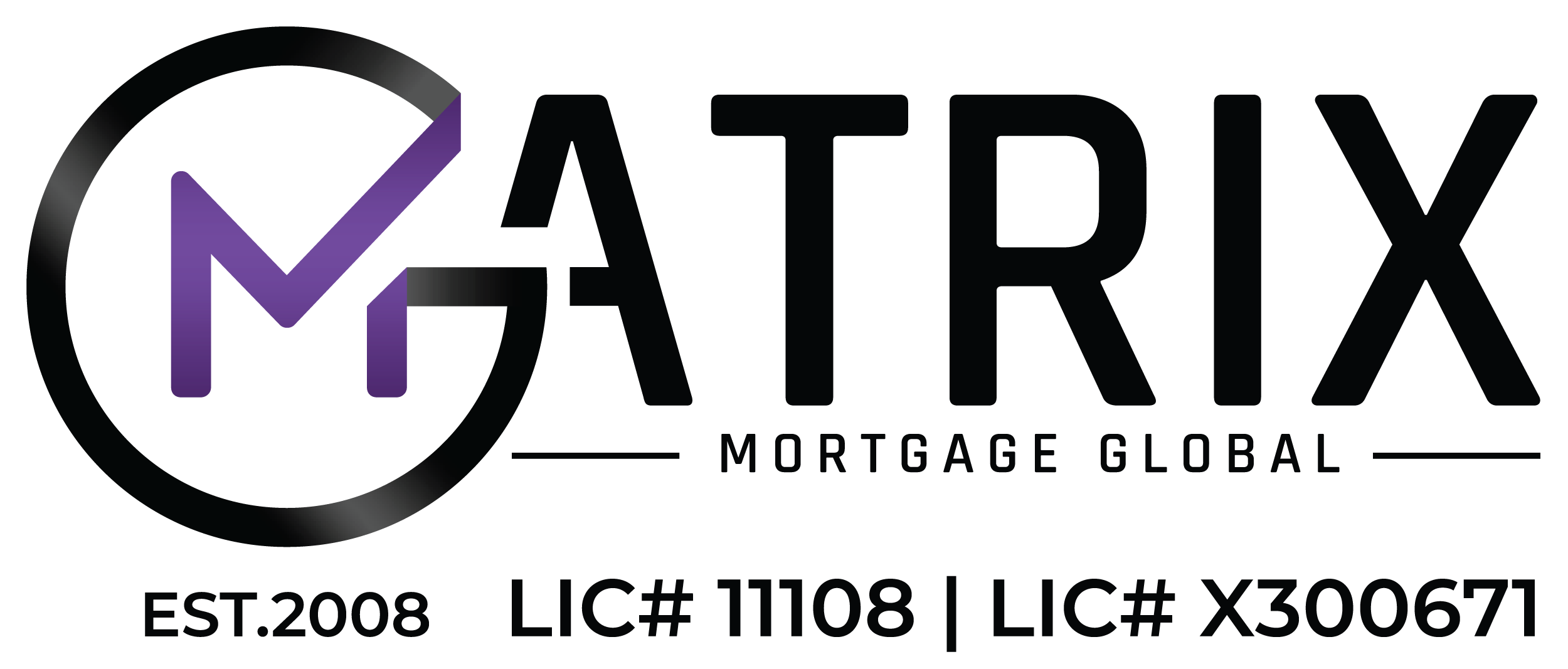
How Can I Get A Loan to Pay Off All My Debt?
If you are like many Canadians, you may be struggling with debt. Perhaps you experienced a medical emergency that left you unable to work while your bills piled up. Perhaps you suffered a setback in your business. Or maybe you just made some poor money choices and now you are afraid to answer the phone for fear that a creditor is on the other end of the line.
Whatever the reason, there is hope. With a debt consolidation loan, you can pay off all your existing debt and consolidate it into one easy monthly payment. Now you may be wondering, if I am already in debt, why get a loan to pay it off? Because when I get a loan, I’ll still be in debt.
Well, that is true. But there are two very good reasons you should consider getting a consolidation loan to pay off your debt.
- You’ll have one payment instead of several. This makes your debt easier to manage and there is less chance of forgetting a payment which can seriously harm your credit.
- With a consolidation loan, you’ll be able to lower your interest rate which will help you either to lower your payments or pay off your debt faster – or both!
Unsecured loans vs. Secured Loans
When it comes to getting a debt consolidation loan to pay off all of your debt, there are two broad categories: unsecured loans and secured loans. Secured loans can be further broken down into the sub-categories of mortgage refinancing, second mortgages and home equity lines of credit.
Let’s start with unsecured loans
Unsecured loans
If you don’t own your own home, your only option for debt consolidation will be an unsecured loan. This is a loan which is not tied to any collateral – like a credit card or a personal line of credit.
The advantage of getting an unsecured loan is that you are not at risk of losing your home (if you own a home) if you become unable to make the payments.
The disadvantage is that unsecured loans typically have higher interest rates than secured loans. Furthermore, they can be more difficult to get if you don’t have good credit.
Secured loans
Secured loans are loans for which you have collateral. (Your mortgage is an example of a secured loan since it is tied to your home). While there are many things that you could use as collateral (a business, a life insurance policy, etc.), for the purposes of this article, the collateral we will discuss is the equity in your home.
Your home equity is the value of your home minus the amount of money that you owe on it. Therefore, if your home is worth $500,000, and you still owe $300,000 then your home equity is $200,000. Most lenders will allow you to borrow a secured loan of up to 80% of your home equity. So in the example listed above, you would be able to borrow up to $160,000 with a secured loan.
The three types of secured loan that we will discuss in this article are mortgage refinances, second mortgages and home equity lines of credit.
Mortgage Refinances
Refinancing your mortgage essentially means that you are breaking your current mortgage and signing on for a new one. Typically, this is done when mortgage interest rates go down and the homeowner wants to lock their mortgage in at a lower rate.
But it can also be done to consolidate debt.
If you have enough equity in your home, the new mortgage can be for the amount of the mortgage you broker plus the amount of debt that you owe. This new mortgage would pay off the first mortgage plus you would get a lump sum of cash to pay off your other debts.
The new mortgage would be for a higher amount, but because your interest rate is reduced, you could either lower how much you have to pay in total each month, pay off your total debt faster – and in many cases, you could do both!
Are there disadvantages to a mortgage refinance?
The main drawback to refinancing your mortgage is – that because you are breaking your first mortgage – there will likely be a financial penalty that you will have to pay. Even with the penalty however, it can be well worth it to refinance and finally take care of your debt.
Second Mortgage
Another option to consolidate all of your debt if you own your own home is to take out a second mortgage. Like a refinance, a second mortgage is money borrowed against the equity in your home, but unlike a refinance, it does not require you to break your first mortgage.
When you take a second mortgage, you will hold two mortgages on your home. The first, and the second.
Since you are not breaking your first mortgage, you will not have to pay a financial penalty.
Are there any drawbacks to a second mortgage?
The main drawback to a second mortgage, is that the interest rate is going to be higher than that of your first mortgage or than a mortgage refinance. Since there is no financial penalty however, a second mortgage may be a less expensive option than a refinance – particularly if you are not close to your mortgage renewal date.
Home Equity Line of Credit
The final type of secured debt consolidation loan which we will discuss is a home equity line of credit also known as a HELOC.
A HELOC works a little differently than a mortgage refinance or a second mortgage because this type of loan is a revolving loan. In other words, once you get approved for a credit limit, you can borrow from your HELOC and pay it back as often as you wish as long as you never exceed the limit – much like the way a credit card or personal line of credit work.
With a HELOC, you only pay interest on the amount of money you currently have borrowed, not on the entire limit.
The advantage of getting a HELOC, is that you have more borrowing room available to you without having to get re-approved for another loan.
Are there any disadvantages to a home equity line of credit?
The main disadvantage to a home equity line of credit when you are trying to pay off debt, is that you have the ability to borrow more and therefore the temptation to go into even more debt is at your fingertips.
Unless there is a very compelling reason as why you need to have more credit available, a mortgage refinance or second mortgage may be a better option for the purposes of debt consolidation.
Which type of loan is my best choice for paying off all my debt?
If you own your own home, a secured loan in the form a second mortgage or a mortgage refinance is usually the best choice for paying off debt.
One of the biggest factors in determining which of these two options is the best choice is how close you are to your renewal date – since that will affect the affordability of each option. Usually if you are very close to your renewal date, a refinance is the better option. If you are further away from your renewal date, a second mortgage is usually the better option. To know for sure however, you should have your mortgage broker run some calculations.
Contact Matrix Mortgage Global today!
If you are struggling with debt, let one of our experienced brokers help you get the loan you need to pay it off. Contact Matrix Mortgage Global today to set up an appointment.

